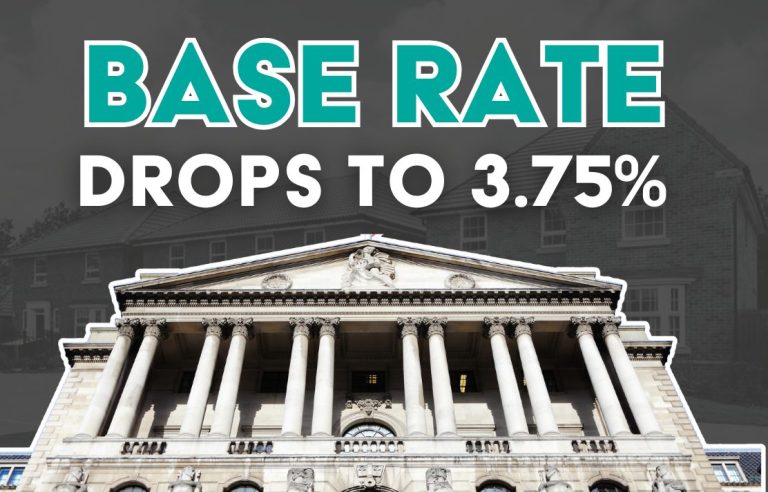Moving home is a significant life event, and understanding how your mortgage works during this transition is crucial. Whether you’re upsizing, downsizing, or relocating, navigating the mortgage landscape can seem daunting. This guide aims to demystify the process, providing clear insights into your options and considerations when moving home in the UK.
Understanding Your Mortgage Options When Moving
When moving home, you generally have two primary mortgage options: porting your existing mortgage or applying for a new one. Each has its advantages and potential drawbacks, depending on your circumstances.
1. Porting Your Mortgage
Porting involves transferring your current mortgage deal to your new property. This option can be beneficial if you’re on a favourable interest rate or wish to avoid early repayment charges.
Key Points to Consider:
Eligibility: Not all mortgages are portable. Even if yours is, you’ll need to reapply and meet your lender’s current criteria, which may have changed since your original application.
Additional Borrowing: If your new home is more expensive, you might need to borrow more. This additional amount could be subject to different terms or interest rates.
moneysavingexpert.com
Early Repayment Charges: If you’re moving to a less expensive property and borrowing less, you might incur charges on the portion of the mortgage you’re not porting.
It’s essential to consult with your lender or a mortgage adviser to understand the specifics of porting your mortgage.
2. Applying for a New Mortgage
Alternatively, you can choose to pay off your existing mortgage and apply for a new one for your new property. This option provides an opportunity to shop around for better deals but may come with early repayment charges on your current mortgage.
Considerations:
Market Rates: If interest rates have dropped since you secured your original mortgage, a new deal might offer better terms.
Fees: Be aware of potential fees, including arrangement fees, valuation fees, and legal costs associated with setting up a new mortgage.
Affordability Checks: You’ll undergo a new affordability assessment, so ensure your financial situation supports the new mortgage terms.
Financial Implications of Moving
Beyond the mortgage itself, moving home involves several financial considerations:
Stamp Duty: Depending on the value of your new property, you may be liable for Stamp Duty Land Tax. First-time buyers and certain transactions might qualify for reliefs or exemptions.
Conveyancing Costs: Legal fees for the sale and purchase processes can add up. It’s advisable to obtain quotes from several solicitors or conveyancers.
Survey and Valuation Fees: Lenders typically require a valuation of the new property, and you might also opt for a more comprehensive survey to assess the property’s condition.
Moving Expenses: Don’t forget to budget for removal costs, potential storage fees, and any immediate repairs or furnishings needed in your new home.
Practical Steps for a Smooth Transition
To ensure a seamless move, consider the following steps:
Review Your Current Mortgage Terms: Understand any penalties or conditions associated with ending or porting your mortgage.
Assess Your Financial Situation: Ensure you have a clear picture of your income, expenses, and credit status.
Get a Mortgage Agreement in Principle: This provides an estimate of what you can borrow and shows sellers you’re a serious buyer.
Engage Professionals Early: Involve mortgage advisers, estate agents, and solicitors early in the process to benefit from their expertise.
Plan for Overlaps: There might be a period where you own two properties or none. Plan financially and logistically for such scenarios.
Navigating the mortgage process when moving home can be complex, but with the right information and support, it becomes manageable. Whether you choose to port your existing mortgage or seek a new deal, understanding your options and planning accordingly will pave the way for a successful move.
Need Personalised Mortgage Advice?
At UK Mortgage Centre, we’re here to help you make informed decisions about your mortgage when moving home. Our experts can guide you through the process, ensuring you find the best solution tailored to your needs.
Call us on 01925 573328
Email: hello@ukmc.co.uk
Or book your own appointment to speak with one of our friendly advisers.
Let us assist you in making your next move a smooth and successful one.
Disclaimer – UK Mortgage Centre is a trading style of Refresh Mortgage Network Limited. Refresh Mortgage Network Limited is authorised and regulated by the Financial Conduct Authority. FRN – 826982. Registered in England & Wales: 11614569. As a mortgage is secured against your home, it could be repossessed if you do not keep up the mortgage repayments. The Financial Conduct Authority does not regulate some forms of buy-to-let mortgages. The Financial Conduct Authority does not regulate will writing and taxation and trust advice.







